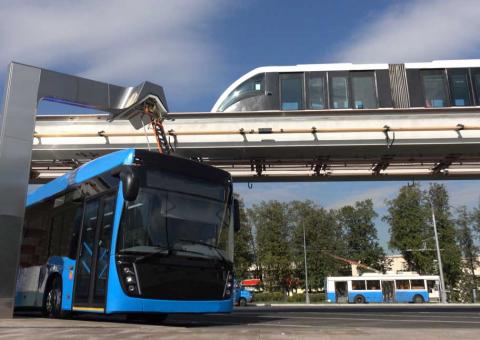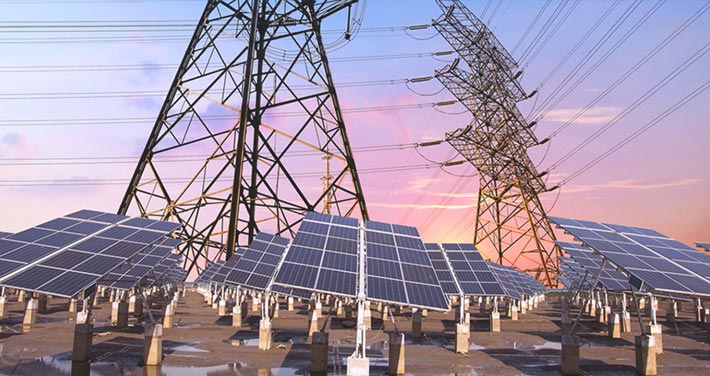Simply put, electrification applies to the practice of replacing technologies that rely on fossil fuels (gas, oil, etc.) with technologies that utilize electricity as their source of energy. When combined with the commitment to generate more electricity through renewable sources, electrification is a critical move toward decarbonizing our environment.
By the Numbers: More than two-thirds (68%) of all consumers believe it is important to invest in EV charging stations.
Prime targets for large-scale electrification include cars and medium-duty trucks, buses, building heating, cooling and water heating through the use of high efficiency electric heat pumps. Renewables are expected to produce more than 50 percent of the world’s electricity by 2035 – and at a lower price than fossil fuels. Lower costs and the increased regulation of greenhouse gases are likely to boost electricity consumption in these sectors in particular, where fossil fuels have long been the traditional energy source.
Increased interest in electric vehicles (EV) is a gateway to driving consumer acceptance of electrification in general, driven by improved battery performance, broad access to charging infrastructure, and lowered costs from technology improvements. Considering the average consumer’s dependence on transportation, the EV could arguably be seen as the ambassador to large-scale disruption of energy distribution.
The benefits of electrification to consumers extend beyond the savings on fuel for their cars and homes – to curbing climate change and improving air quality, for example. Studies show that tech-savvy and eco-conscious consumers will continue to champion the cause, helping to dispel common myths about electricity, while cost estimating tools, educational materials, and rebates pique consumer interest.
The impact on local utilities must be better understood in order for a smooth transition to electrification. Changes to grid infrastructure will be necessary in order to accommodate increased demand from EVs, as will the implementation of business models to address grid storage and load balancing. Unitil is committed to ensuring long-term value for our customers, employees, investors, and stakeholders as we move toward a sustainable future.




